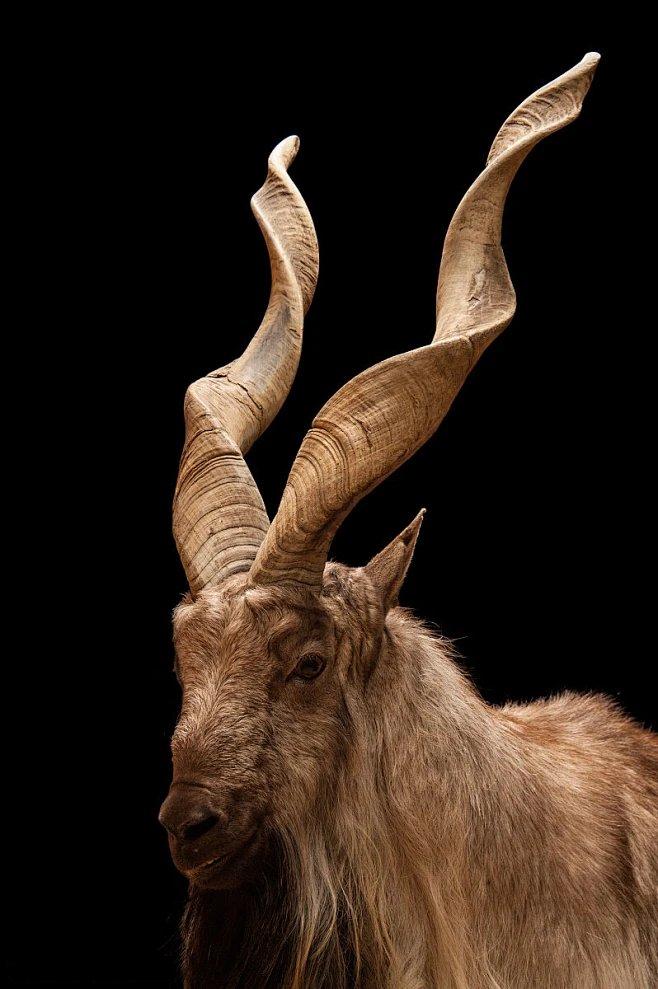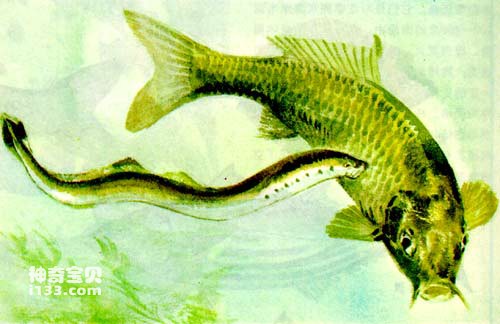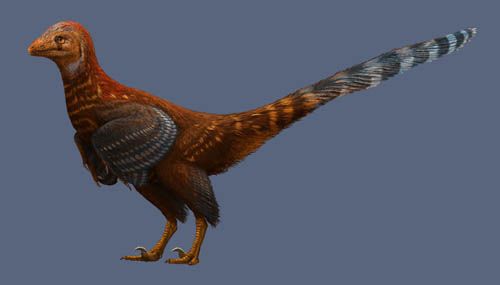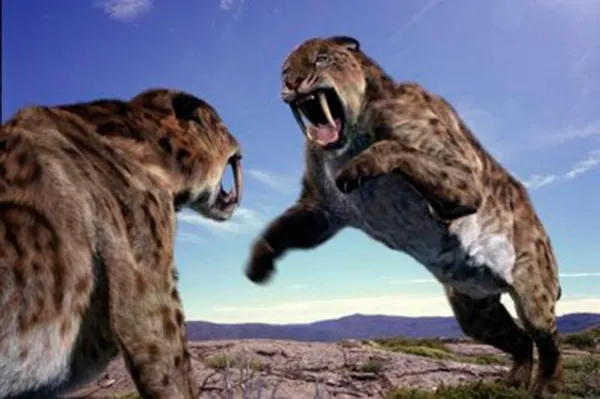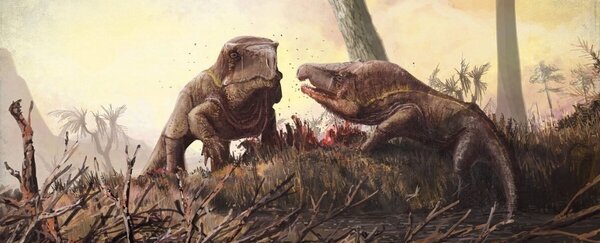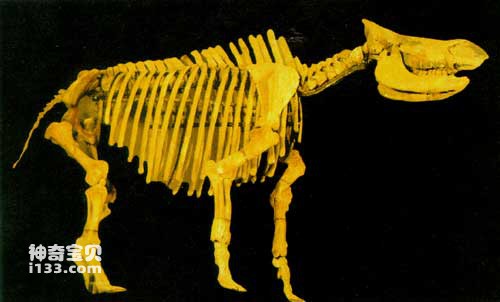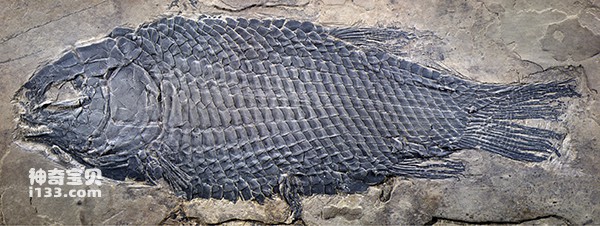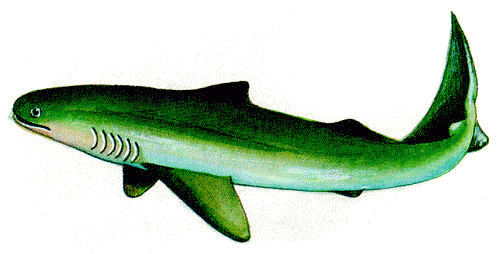As the core classic of Christianity, the Bible not only tells about human faith, morality and behavioral norms, but also The Bible shows the rich diversity of God's natural world, especially the animal world. Animals in the Bible are not only part of the natural world, but they also play an important symbolic role and convey spiritual inspiration. This article will look at the various Explore the relationship between the Bible and animals from different perspectives, analyze the symbolic meaning of animals in the Bible and their revelation to the life of faith.
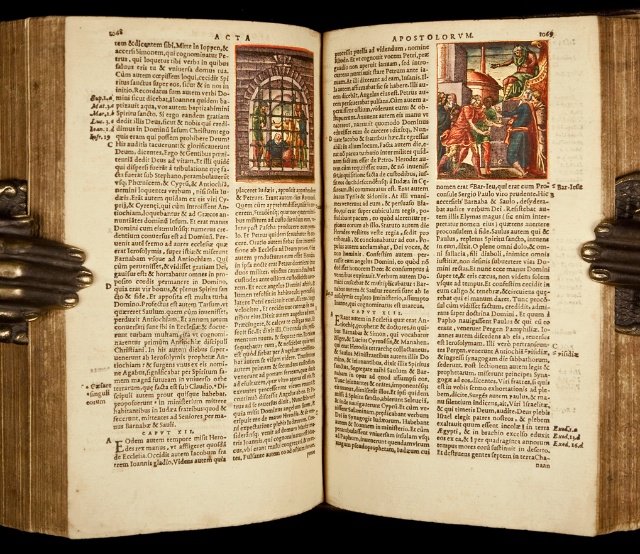
1. The origin and status of animals in the Bible
The Book of Genesis in the Bible describes in detail how God Animals, as an important part of nature, have a special place in the creation process. According to Genesis 1:24-25, God used His power to create the beasts of the earth, the birds of the air, and the creatures of the sea. They are placed on the Earth.
"And God said, 'Let the earth bring forth living creatures according to their kinds.' And it was so. God made every kind of beast, every kind of creeping thing, and every kind of bird of the air." (Genesis 17:24-25)
This passage shows that animals are an important part of God's creation. Like humans, animals are also manifestations of life and together with other elements of nature, they form the order of the world. .
2. Noah's Ark and the Rescue of Animals
One of the famous stories in the Bible is Noah's Ark ( Genesis 6-9). In this story, the world is flooded by a flood because of human sin, but God chooses Noah and commands him to build an ark to save humans and animals. Each animal Bringing a pair into the ark ensured that they would be able to reproduce after the flood.
“Take two of each kind of animal you bring into the ark, and keep them alive with you.” (Genesis 6:19)
Noah’s Ark The story of the LORD symbolizes God's mercy and protection for all life, not only humans, but all living things. Animals in this passage symbolize the importance of divine order and the continuation of life.
3. < strong>Animal Symbolism in the Bible
The Bible often uses animals as metaphors or symbols to convey moral lessons and spiritual revelations. Different animals have different symbolic meanings. Here are some common ones: Example:
Lamb: In the Bible, lambs are often used to symbolize innocence, purity, and sacrifice. In the Gospel of John, Jesus is called the "Lamb of God", symbolizing that He sacrificed Himself for the world.
"Behold, the Lamb of God, who takes away the sin of the world." (John 1:29)
Snake :In the Book of Genesis, the snake is the symbol of tempting Eve and Adam to commit original sin, and is therefore often seen as a symbol of evil.
< Dove: The dove symbolizes peace and the Holy Spirit. In the Gospel of Matthew, when Jesus was baptized, the Holy Spirit appeared in the form of a dove.
“And suddenly the heavens were opened, and he saw the Spirit of God descending like a dove upon him.” (Matthew 3:16)
Lion: The lion symbolizes courage and strength, but it also has a dual symbolic meaning. In 1 Peter, Satan is compared to a “roaring lion” seeking prey to devour, and in Revelation, Jesus is also called “the Lion of the tribe of Judah.”
“The Lion of the tribe of Judah has conquered.” (Revelation 5:5)
These symbolic animals show how the Bible expresses spiritual teachings through nature. The images of animals are not just biological descriptions, but are rich with moral and spiritual meanings.
4. Animal Law and Ethics in the Bible
The Bible also contains legal and ethical guidelines regarding animals, especially in the Old Testament Law. When God gave the Law to Moses, he stipulated human responsibilities and moral behavior towards animals. Deuteronomy mentions how humans should treat animals, especially working animals:
"You shall not muzzle an ox while it is threshing." (Deuteronomy 25:4)
This verse emphasizes the respect and care that humans should have for working animals, indicating that even when using animals for labor, they should be given basic rights and respect.
In addition, the Bible also has clear regulations on "killing animals". For example, Leviticus details how animals should be treated during sacrifices. These regulations are not only part of religious rituals, but also an ethical embodiment of the relationship between humans and animals.
5. Animals and prophecies in the Bible
In the prophetic books of the Bible, animals are often used as symbols to convey God's revelations. For example, the four living creatures mentioned in the Book of Revelation each have unique symbolic meanings, representing different powers and authority:
Lion: symbolizes authority and power
Calf: symbolizes sacrifice and labor
Human face: symbolizes wisdom and rationality
Eagle: symbolizes speed and foresight
These animal images indicate God’s power and wisdom, and foreshadow the future divine plan.
6. The Revelation of Animals in Modern Christian Faith
In modern Christian faith, animals continue to be respected as part of nature. Many Christian churches emphasize environmental awareness and call on believers to protect the earth and all things created by God, including the protection and care of animals. Saint Francis is considered the patron saint of animals. He advocates harmonious coexistence between humans and animals and demonstrates the love and care of Christianity for all creatures.
Animals in the Bible are not only part of God's creation of nature, but also an important embodiment of faith doctrines, moral codes and sacred symbols. Through animal symbols, legal provisions and spiritual revelations, the Bible guides people to reflect on the relationship between humans and nature and emphasizes respect and protection for animals. As an important element of biblical stories, animals not only demonstrate God's wisdom and power, but also remind believers to pay attention to nature and care for all life.
